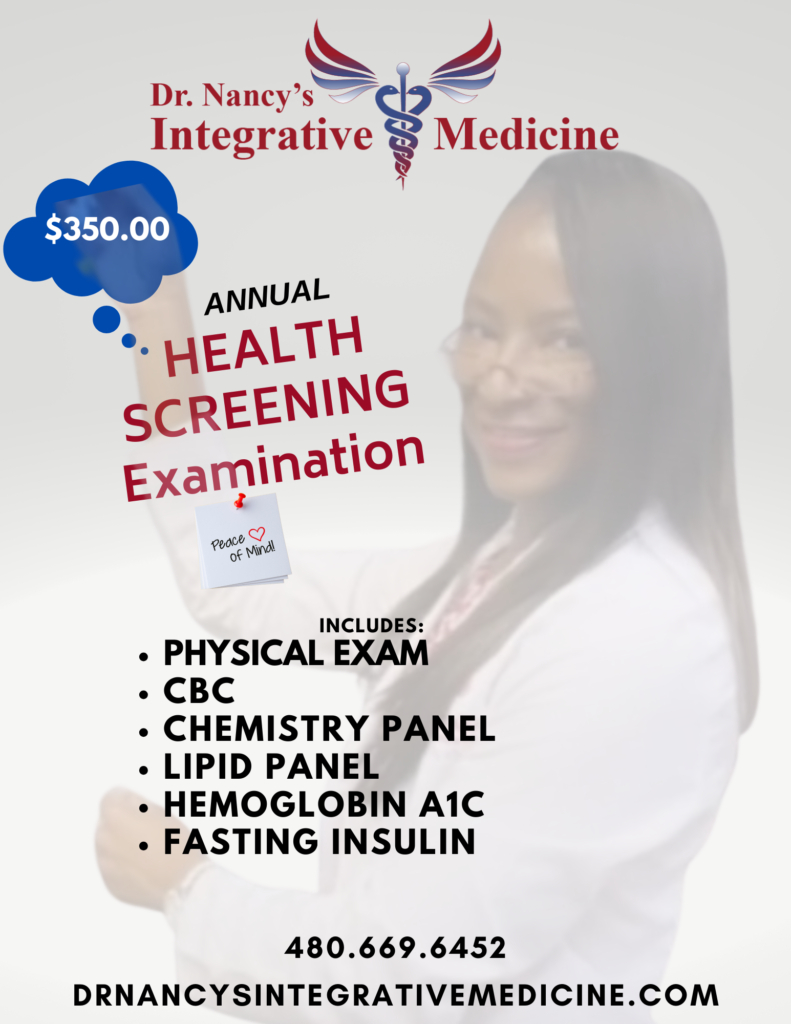
ANNUAL HEALTH SCREENING EXAMINATION
Health screening examinations are crucial for several reasons, as they play a vital role in maintaining overall well-being and preventing the onset of various diseases. Here are some key reasons highlighting the importance of health screening examinations:
- Early Detection and Prevention: Health screenings can detect health issues at an early stage, often before noticeable symptoms appear. Detecting diseases early allows for timely intervention, which can lead to more effective treatments and improved outcomes. Preventive measures can be taken to halt or slow the progression of a disease.
- Risk Assessment: Screening helps assess an individual’s risk factors for certain diseases. This information enables healthcare professionals to provide personalized advice on lifestyle changes, interventions, or medical treatments that can help reduce the risk of developing health problems.
- Cost-Effectiveness: Identifying health issues early through screenings can be more cost-effective than treating advanced or chronic conditions. Early interventions may prevent the need for expensive medical treatments, hospitalizations, or surgeries.
- Improved Quality of Life: Timely detection and management of health conditions can lead to a better quality of life. Early treatment can prevent complications and help individuals maintain their functional abilities and independence.
- Public Health: Health screenings contribute to the overall health of communities by identifying and addressing health concerns at a population level. This can help reduce the burden on healthcare systems and improve the health of the entire population.
- Education and Awareness: Screenings provide an opportunity for individuals to learn about their health, understand risk factors, and make informed decisions about their lifestyles and healthcare. This promotes health literacy and empowers individuals to take control of their well-being.
- Monitoring Health Status: Regular screenings allow healthcare providers to monitor an individual’s health over time, track changes, and adjust interventions as needed. This ongoing monitoring is essential for managing chronic conditions and ensuring optimal health outcomes.
- Tailored Healthcare Plans: Screening results enable healthcare professionals to create personalized healthcare plans based on an individual’s specific needs and risks. This leads to more targeted and effective interventions.
- Family Health History: Health screenings can reveal genetic predispositions and familial patterns of diseases. This information is valuable for guiding healthcare decisions and informing other family members about potential risks.
- Mental Well-being: Health screenings encompass not only physical health assessments but also mental health evaluations. Detecting mental health issues early can lead to appropriate interventions and support, improving overall mental well-being.
It’s important to note that the specific screenings recommended and their frequency can vary based on factors such as age, gender, family history, and individual health risks. Consulting with healthcare professionals and following their recommendations is essential for making informed decisions about health screenings.


